HP settles shareholder Autonomy lawsuit for $100m
Tech giant will pay the sum to aggrieved shareholders, but denies claims it misrepresented Autonomy’s value
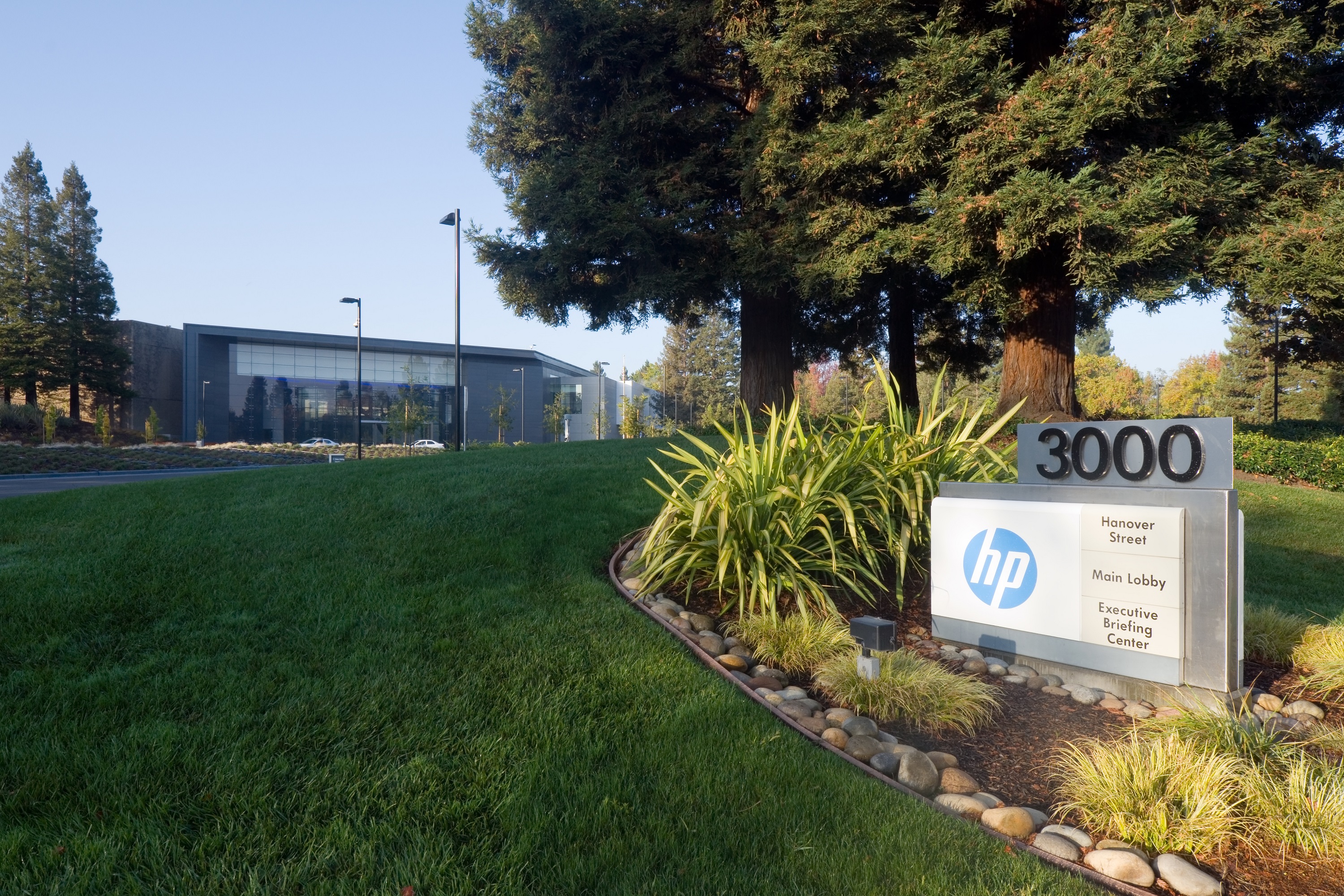
HP is paying $100 million to settle a shareholder lawsuit that claimed the company misrepresented the value of Autonomy, which it bought for 7 billion in 2011.
Dutch pension fund manager PGGM Vermogensbeheer led a class action lawsuit against HP after the tech giant was forced to write-down 5.6 million of the sum it paid for Autonomy.
Acting on behalf of other investors, PGGM claimed HP had made "false and misleading statements" about Autonomy's value, and reasons for the company's subsequent below-par performance following the acquisition.
In a statement, HP was quick to dismiss the accusations, but said the settlement was the best way forward.
"While HP believes the action has no merit, it is desirable and beneficial to HP and its shareholders to resolve to settle the case as further litigation would be burdensome and protracted," a spokesperson said.
It plans to pay the $100 million (65 million) into a settlement pot that will pay out to anyone who bought HP shares between August 19, 2011 and November 20, 2012 shares plummeted after the Autonomy write-down.
PGGM's chief investment manager, Eloy Lindeijer, said: "PGGM has taken the responsibility of acting as lead plaintiff in this case because it is crucial that investors are timely and adequately informed by listed companies about material information that might impact shareholder's investment decisions.
Get the ITPro daily newsletter
Sign up today and you will receive a free copy of our Future Focus 2025 report - the leading guidance on AI, cybersecurity and other IT challenges as per 700+ senior executives
"Therefore we have taken steps in the US in an effort to protect the investments of our clients and other aggrieved investors."
HP was keen to stress that no individuals at the company were being held responsible as part of the settlement, adding that current and former officers, directors and advisors of HP would be free from future claims once the settlement is complete.
The news comes six months after a US judge rejected a proposed deal between HP and its shareholders over the Autonomy write-down.
Judge Charles Breyer found the agreement would have improperly protected HP from future legislation unrelated to the Autonomy case.
It was the second version of the settlement to be rejected, the first of which would have seen tens of millions of dollars paid to lawyers representing the shareholders.
HP is suing former Autonomy execs CEO Mike Lynch and CFO Sushovan Hussain for $5.1 billion (3.3 billion), the amount it claims it was tricked into paying for the British software maker.
The firm accuses the pair of cooking the books to increase Autonomy's apparent value, releasing details of its claims last month.
But both have denied the accusations, with Lynch blasting the lawsuit as a search for scapegoats.
He said the claims are "one long disagreement over accounting treatments, and have nothing to do with fraud".
Lynch plans to counter-sue HP for at least 100 million.
The Serious Fraud Office dropped its investigation into the acquisition in January this year, citing a lack of evidence, after HP referred the deal to the body in 2013.
-
 How the UK MoJ achieved secure networks for prisons and offices with Palo Alto Networks
How the UK MoJ achieved secure networks for prisons and offices with Palo Alto NetworksCase study Adopting zero trust is a necessity when your own users are trying to launch cyber attacks
By Rory Bathgate
-
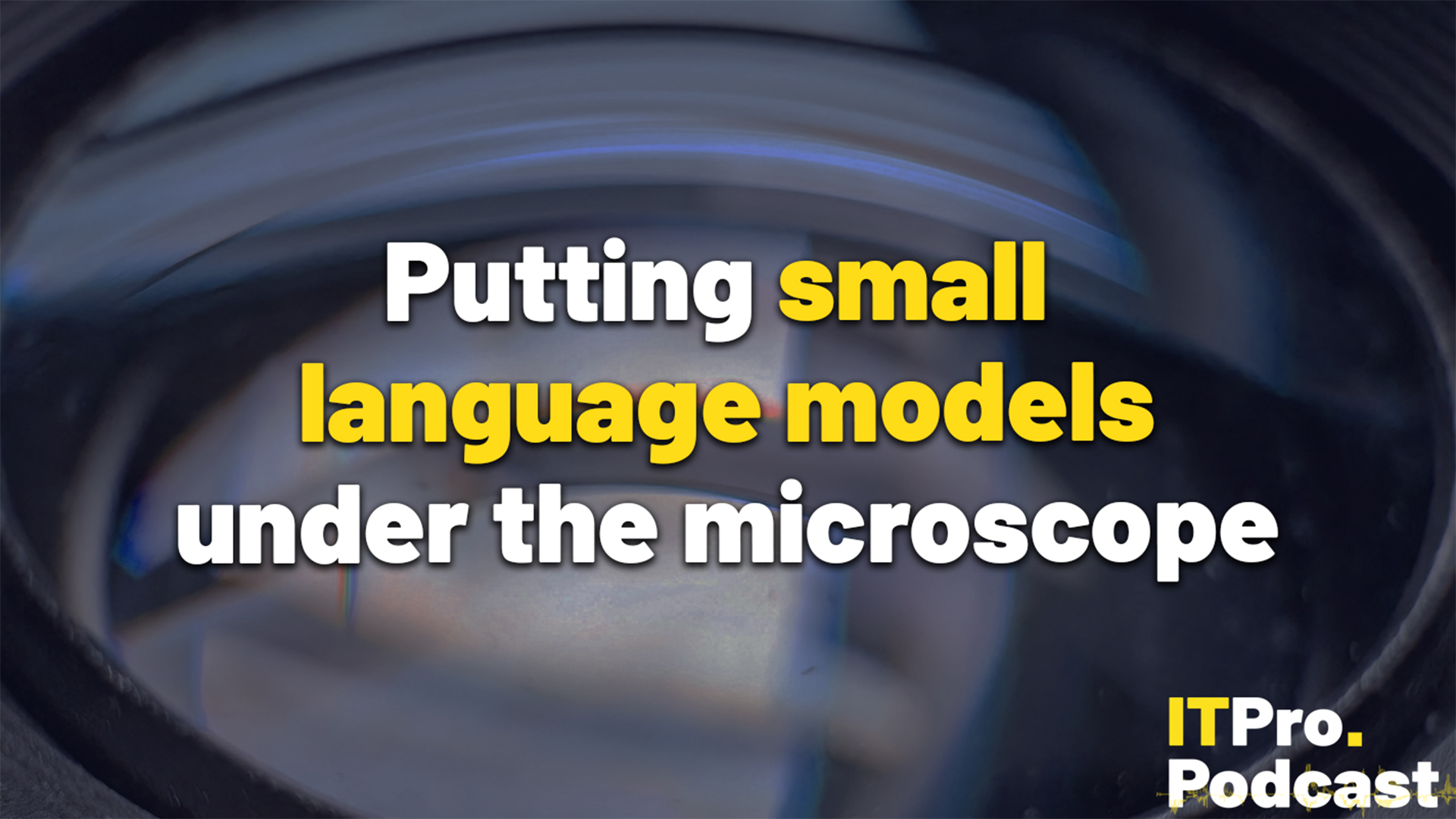 Putting small language models under the microscope
Putting small language models under the microscopeITPro Podcast The benefits of small language models are undeniable – but they're no silver bullet
By Rory Bathgate
-
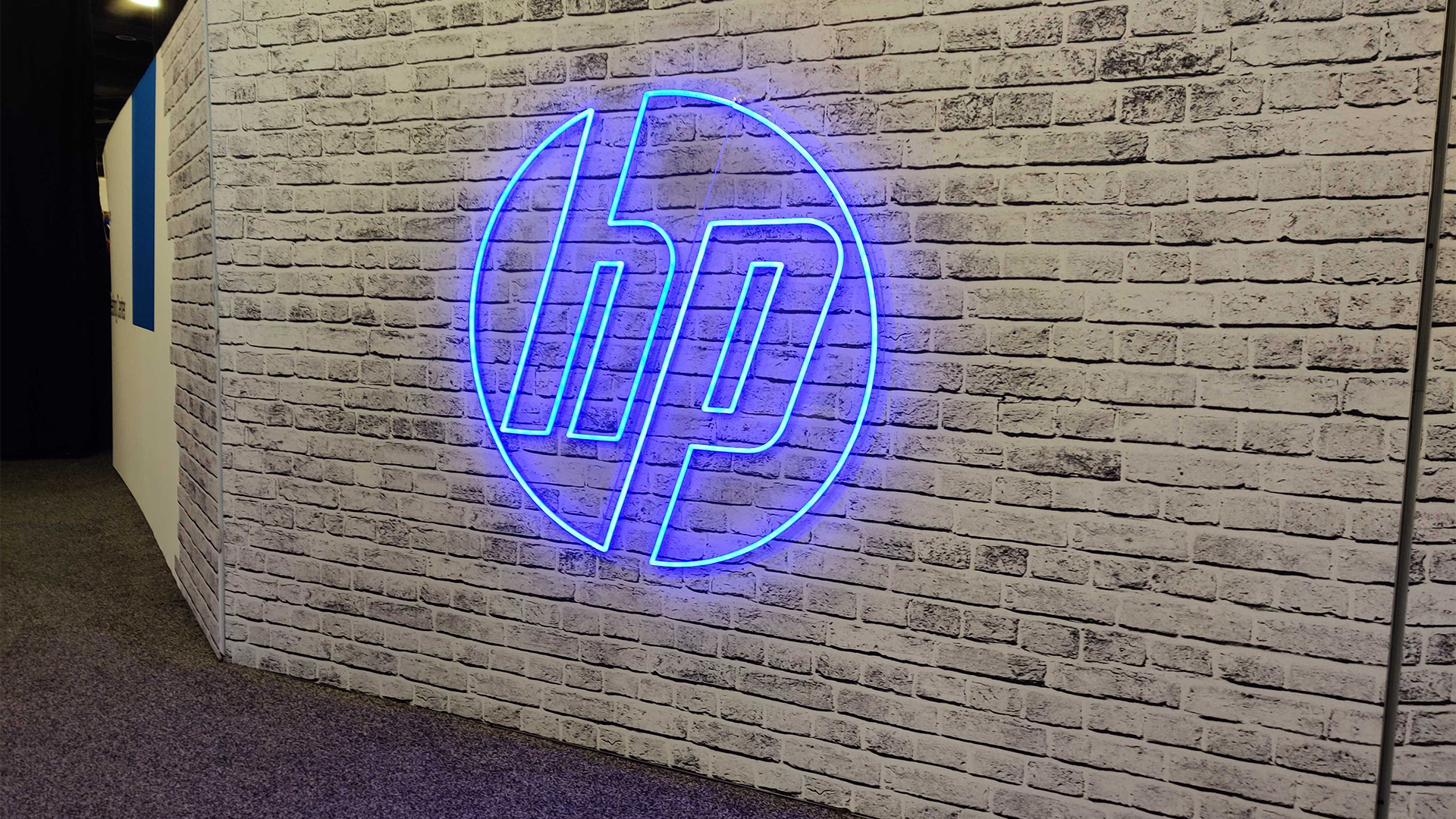 HP’s sustainability drive is paying off for channel partners
HP’s sustainability drive is paying off for channel partnersNews Channel partners that bought into HP’s sustainability program saw sales increase as customers react positively
By Solomon Klappholz
-
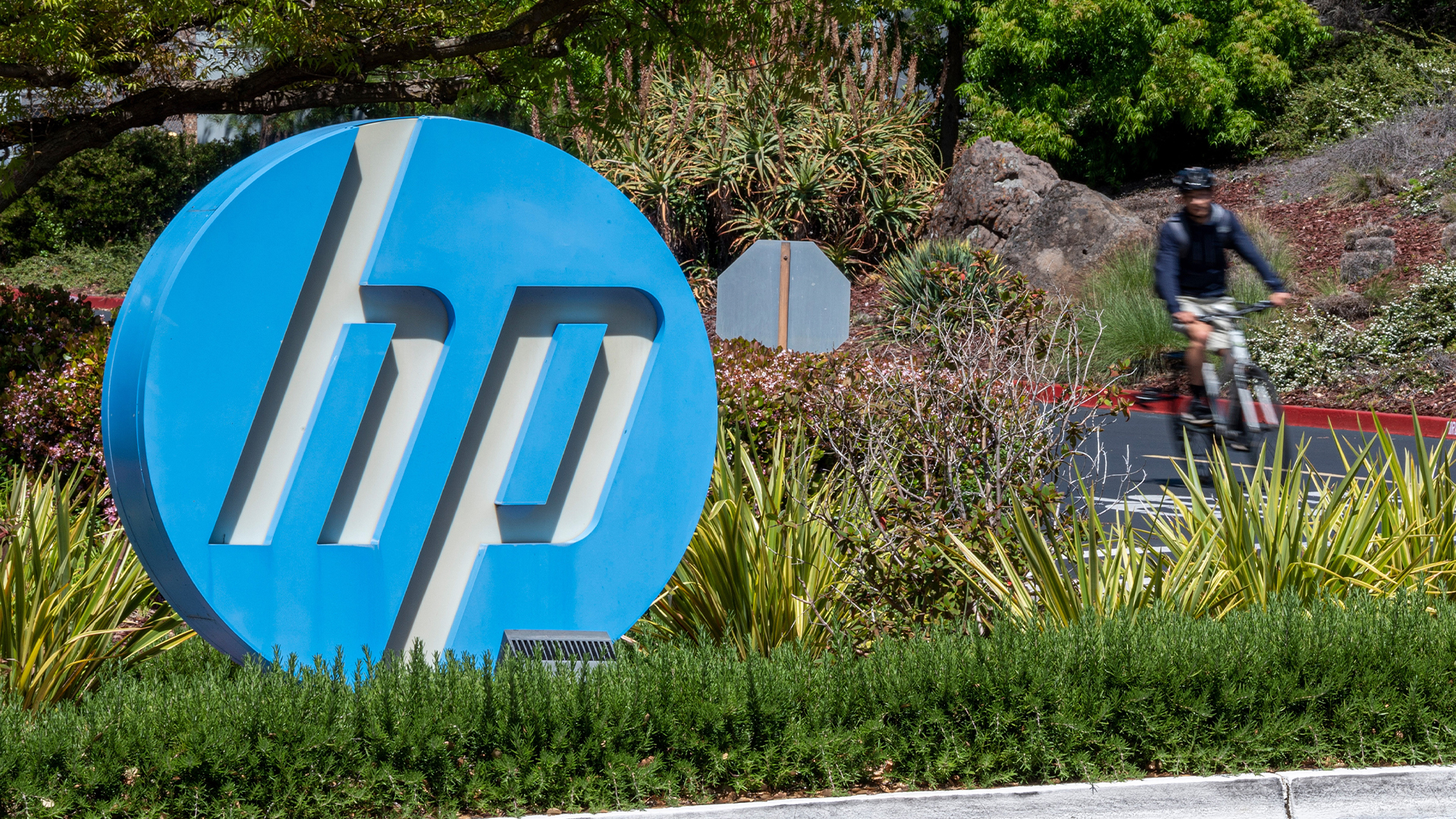 ‘We think that selling everything helps the customer’: HP wants to supercharge its partner program to support a new market strategy
‘We think that selling everything helps the customer’: HP wants to supercharge its partner program to support a new market strategyNews HP has enhanced its partner program to encourage channel partners to sell its entire range of products and solutions.
By Solomon Klappholz
-
 HP and Canva want to help users "design anything and print anywhere"
HP and Canva want to help users "design anything and print anywhere"News The new multi-year collaboration aims to provide an accessible, scalable, and sustainable printing experience to global customers
By Daniel Todd
-
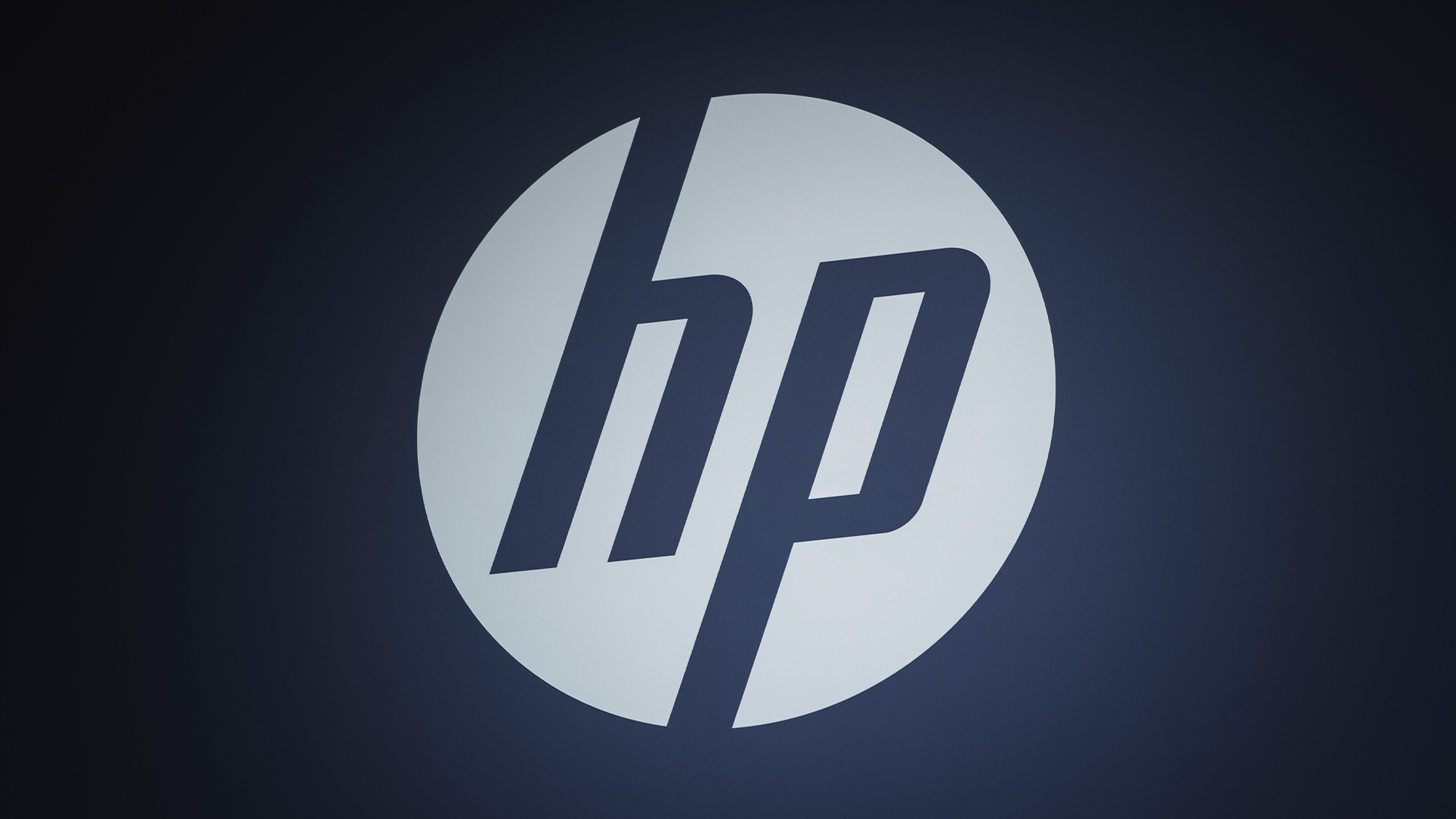 HP infuses Amplify Partner Program with new AI-based training and benefits
HP infuses Amplify Partner Program with new AI-based training and benefitsNews Additions include an AI MasterClass training and certification program, and a new growth opportunity in AI Data Science
By Daniel Todd
-
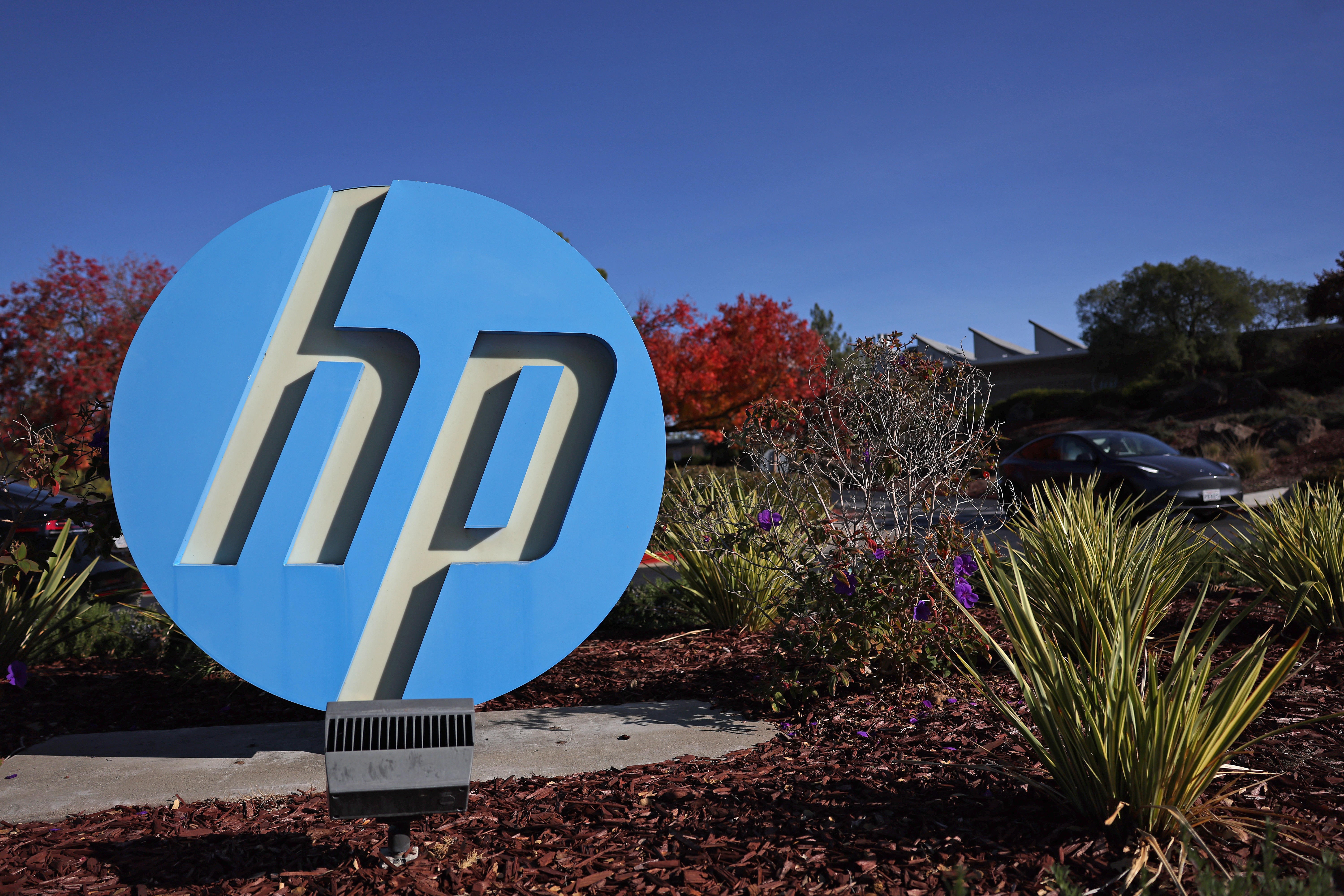 Lawsuit concerning HP's “fraudulent” printing supply sales resurrected following appeal
Lawsuit concerning HP's “fraudulent” printing supply sales resurrected following appealNews Complainants argue that HP actively defrauded investors over printing supply sales between 2016 and 2016
By Ross Kelly
-
 HP launches PCs for hybrid workers with 'world-first' dual-camera setups
HP launches PCs for hybrid workers with 'world-first' dual-camera setupsNews The new devices unveiled at CES 2023 come with a host of features intended to help hybrid workers perform better, no matter where they are
By Zach Marzouk
-
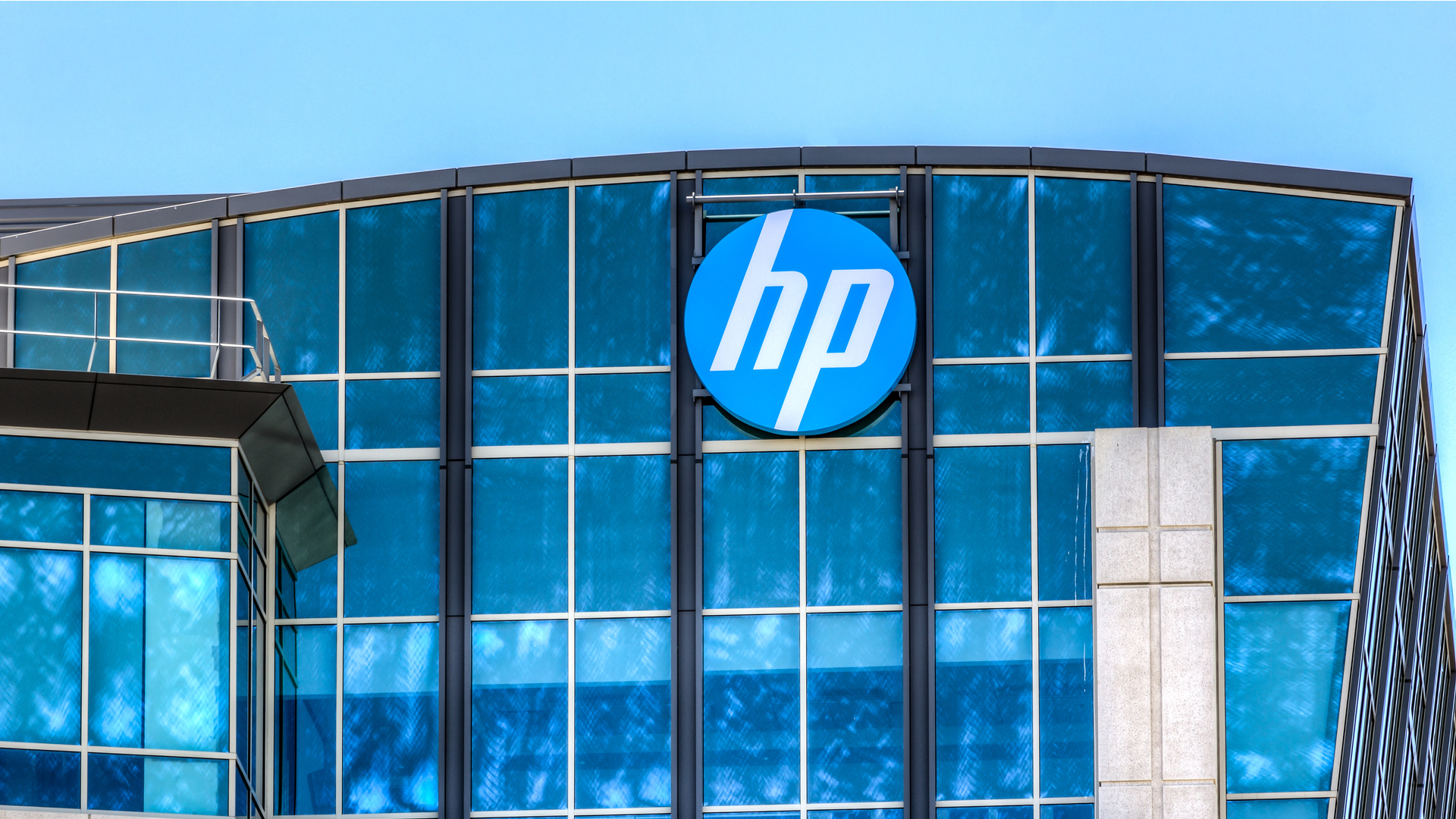 HP unveils new remote collaboration subscription offers
HP unveils new remote collaboration subscription offersNews The combined offering will support collaboration across multiple systems and applications
By Daniel Todd
-
 HP buys remote software specialist Teradici
HP buys remote software specialist TeradiciNews The acquisition will help HP to deliver new compute models and services tailored for hybrid work
By Daniel Todd